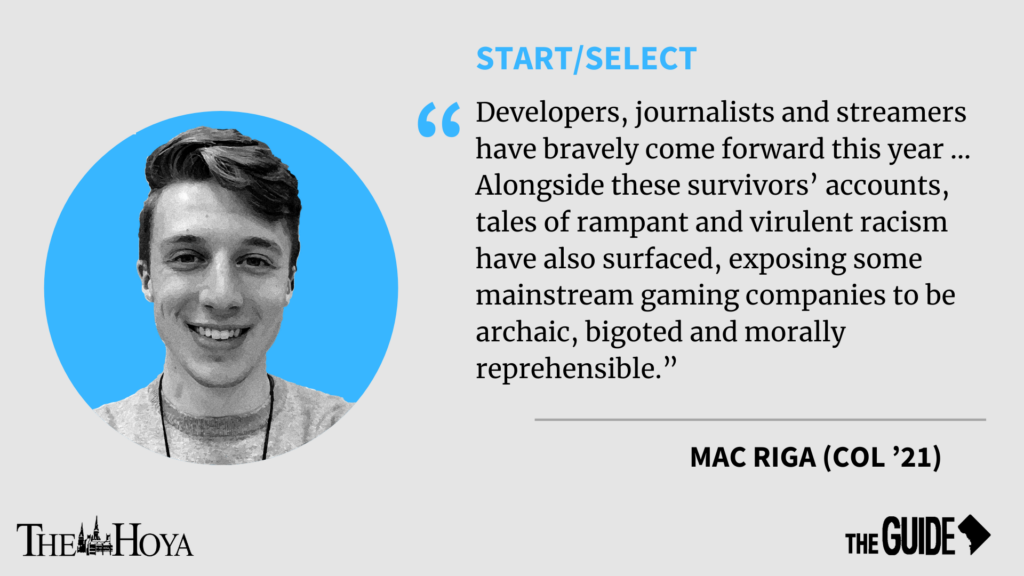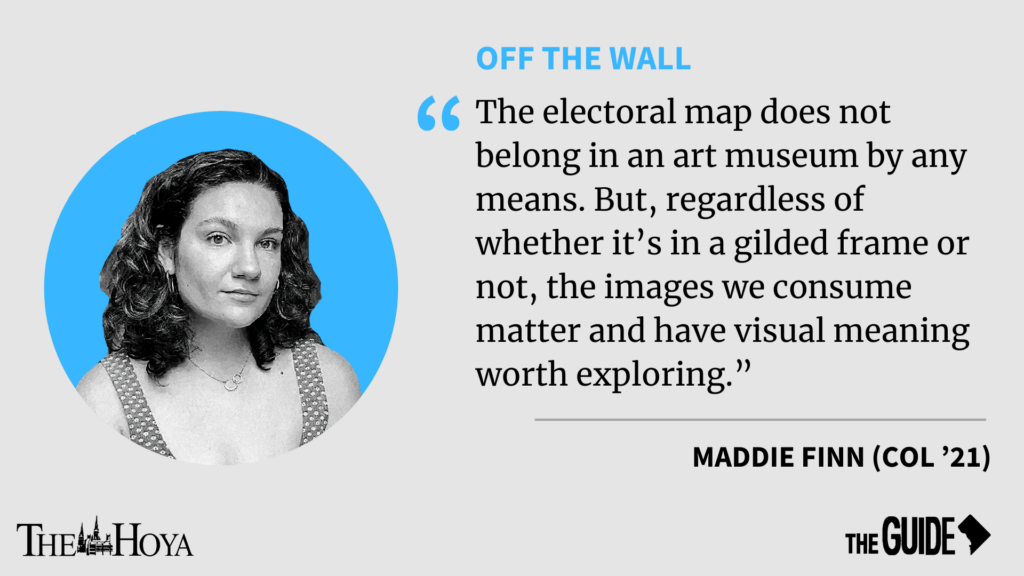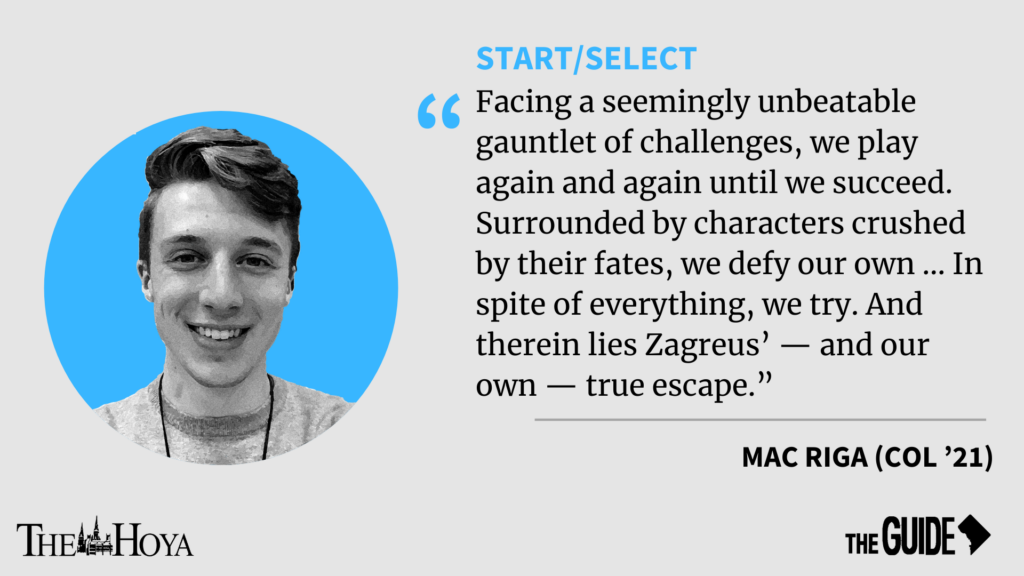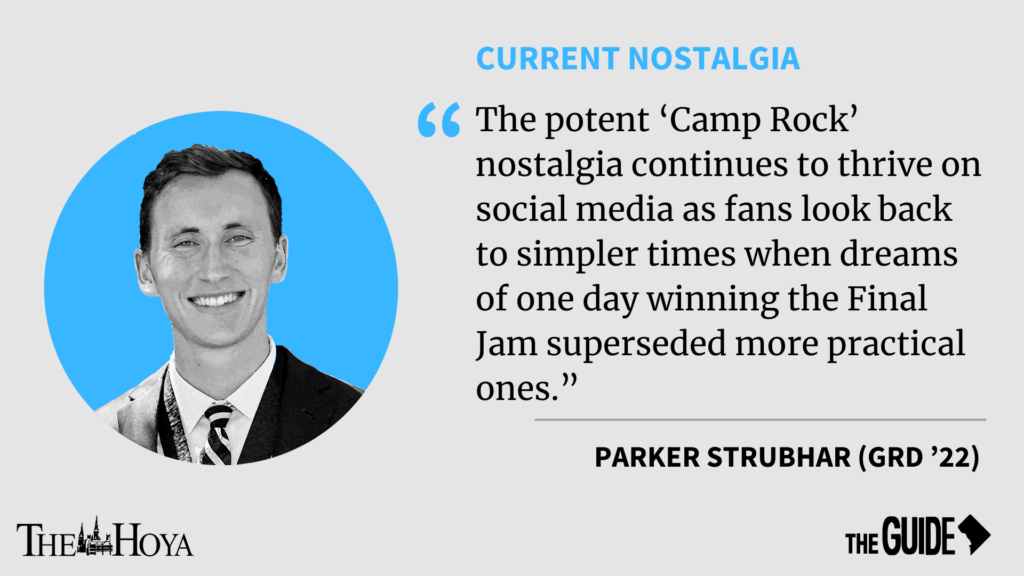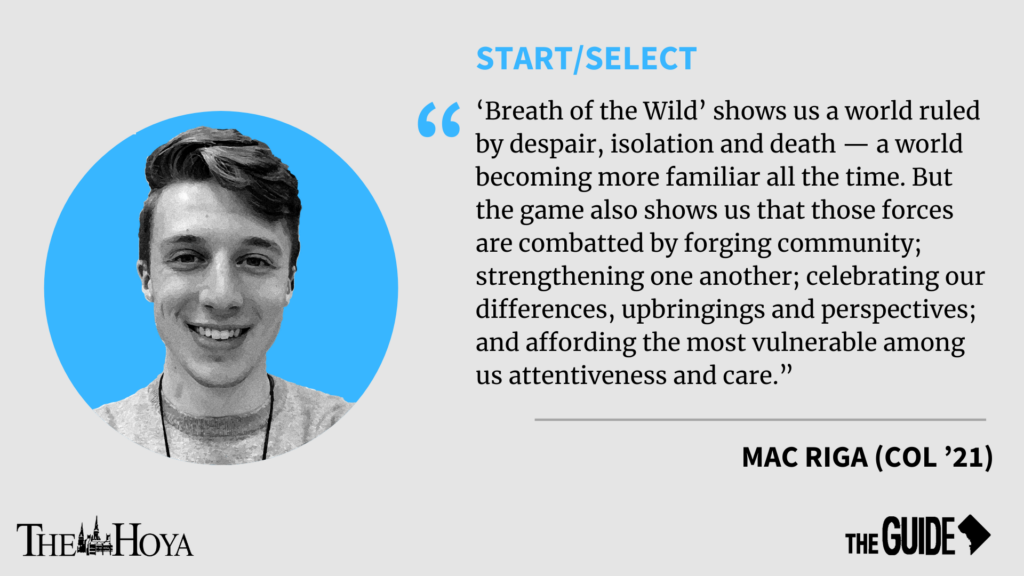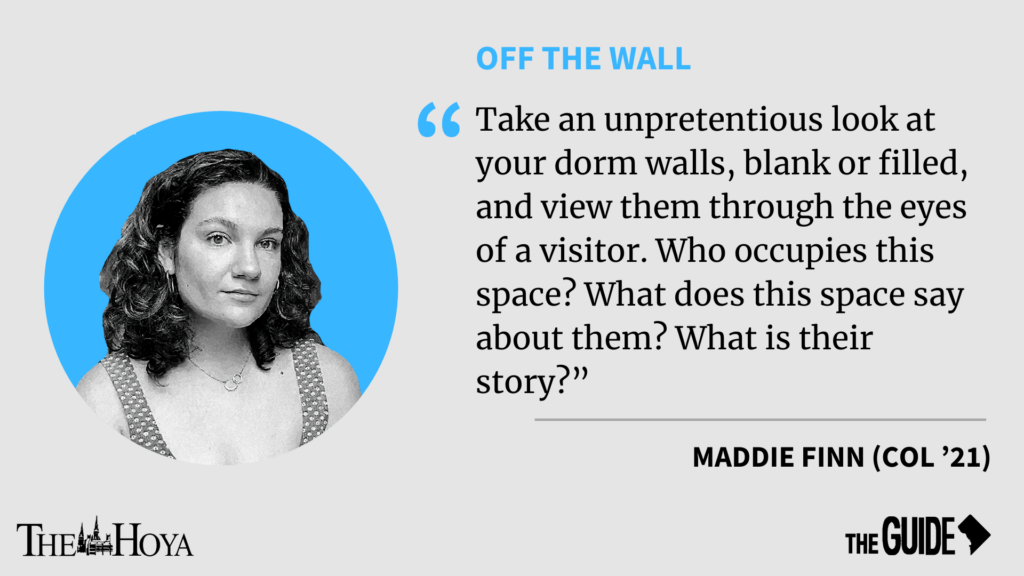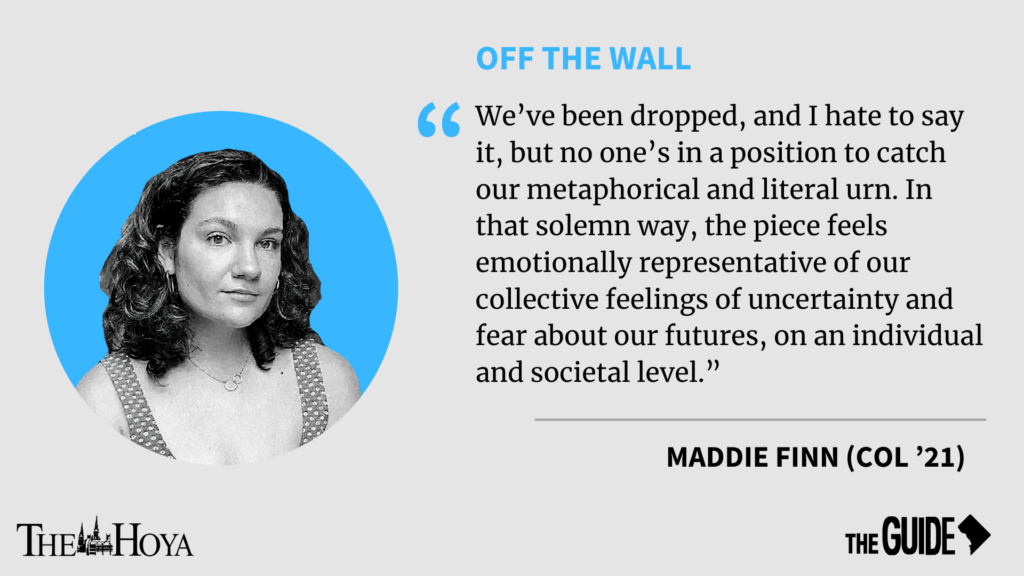Content Warning: This article discusses sexual abuse, racism and suicide. Please refer to the end of the article for resources.
Developers, journalists and streamers have bravely come forward this year with their stories and experiences of sexual harassment and assault perpetrated by powerful men in the gaming industry. Alongside these survivors’ accounts, tales of rampant and virulent racism have also surfaced, exposing some mainstream gaming companies to be archaic, bigoted and morally reprehensible.
Prolific games writer Chris Avellone, Ubisoft Vice Presidents Tommy François and Maxime Béland and “Assassin’s Creed: Valhalla” Creative Director Ashraf Ismail are just a few of the most prominent figures implicated for their gross sexual misconduct. The latter three, all Ubisoft employees, were fired after an outpouring of accusations. One particularly vitriolic instance of racism at Ubisoft came to light this summer, giving the public — and Ubisoft game consumers especially — a clearer idea of the deeply toxic work environment fostered by the corporation.
The fact that Ubisoft of all gaming companies should be at the center of these abuses strikes me as disheartening — and revealing — about the face of gaming in 2020. I wrote critically of Ubisoft some weeks ago concerning their contradictory practices: how they claim a dedication to creating inclusive game worlds yet struggle to produce games that live up to that dedication. It seems fitting, then, that Ubisoft, a self-proclaimed “progressive” leader in the AAA gaming market, should, in reality, be a cesspool of systemic abuse.
Therein lies another lesson 2020 has to give us: a healthy skepticism of the gaming industry.
Earlier this summer, I finished “Night in the Woods,” a phenomenal 2017 game that delivered one of the most moving and compassionate stories I have ever come across. It had a lot to say about depression, capitalism, family, identity, growing up and the ways in which all of those themes intersect — I won’t go into too much detail here, as I’ll write more deeply about this game someday soon, but its plot and characters are superb.
The game touched me so deeply, I wanted to reach out to the development team at the studio Infinite Fall — only to find the late Alec Holowka, the game’s director, had carried out sexual, verbal and mental abuse against members of the game’s team. I was shocked. How could such a cruel person have helped create such a heartfelt work of art?
Technically, “Night in the Woods” is a heartfelt work of art because of its writers Bethany Hockenberry and Scott Benson, rather than because of its co-creator Holowka. Even so, my shock that a company helmed by Holowka could produce a compelling and emotional game like “Night in the Woods” mirrors the shock many fans of Ubisoft felt this summer and sheds light on the realization gamers must make for this industry to survive:
Bad people can make good art.
The realization is hard to cope with and one that triggers dissonance in our minds. We gamers must start looking beyond the art we love so dearly and scrutinize the people and companies behind it. We must hold developers and publishers accountable with action. The good news is those active steps are fairly clear-cut.
Games, as much as they are art, are also a product. Boycotts and other economic blackouts as well as direct feedback are potent tools to use in the struggle for progress. Furthermore, for every abusive major gaming company, there are hundreds of hardworking independent developers like adamgryu, creator of “A Short Hike,” for example, whose art not only rivals the AAA market but is made with the compassion and love we should demand from developers. I would urge you to seek them out.
It has been a hard year for gaming. This column’s mini-series, “2020’s Lessons in Class and Gaming,” has proven this point in spades. But as disappointing as this year has been, I cannot but feel hopeful about the future of gaming. Thanks to gaming’s youth and its position at the fringe of the mainstream, along with its diverse and passionate community, the industry is poised to become a place that is environmentally and socially conscious, inclusive and overflowing with a dedication to human stories, and the creation of important art.
The ball is in the court of the major players in the industry to initiate this transformation, but, as long as we fans remain vigilant and look for ways to break into the industry and change it from the inside, I believe the future of gaming is bright.
*AUTHOR’S NOTE: Economic action and public outrage is a good and healthy tool that should be used to hold developers accountable. The case of Alec Holowka is, however, a unique one. It is worth noting Holowka committed suicide in the fall of 2019, and Infinite Fall is not a developer or a publisher, but the name of the collaboration between Holowka, Benson and Hockenberry. I would ask, instead of directing outrage towards his family or the other members of the “Night in the Woods” team, you read the hyperlinked post from Benson’s blog and direct your activism towards companies like Ubisoft and their recently fired members who are still here to be held accountable.
Sexual Abuse Resources: On-campus confidential resources include Health Education Services (202-687-8949) and Counseling and Psychiatric Services (202-687-6985); additional off-campus resources include the D.C. Rape Crisis Center (202-333-7273) and the D.C. Forensic Nurse Examiner Washington Hospital Center (844-443-5732). If you or anyone you know would like to receive a sexual assault forensic examination or other medical care — including emergency contraception — call the Network for Victim Recovery of D.C. (202-742-1727). To report sexual misconduct, you can contact Georgetown’s Title IX coordinator (202-687-9183) or file an online report here. Emergency contraception is available at the CVS located at 1403 Wisconsin Ave. NW and through H*yas for Choice. For more information, visit sexualassault.georgetown.edu.
Racism Resources: On-campus resources include Health Education Services (202-687-8949), Counseling and Psychiatric Services (202-687-6985) and the Center for Multicultural Equity and Access (202-687-4054); additional off-campus resources include Crisis Text Line (text 741741) and the District of Columbia ACLU (202-457-0800)
To access mental health resources, reach out to Counseling and Psychiatric Services at 202-687-6985, or for after-hours emergencies, call 202-444-7243 and ask to speak to the on-call clinician. You can also reach out to Health Education Services at 202-687-8949. Both of these resources are confidential.


